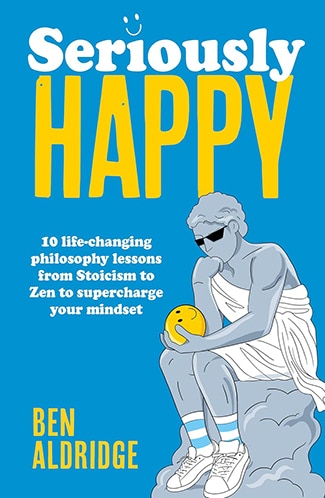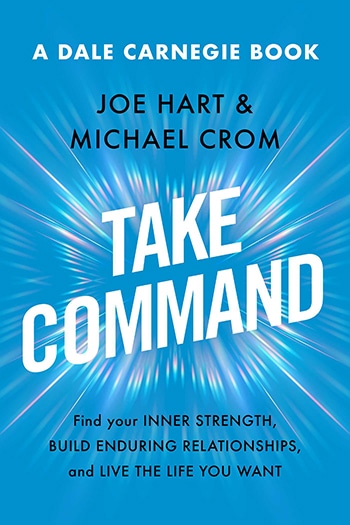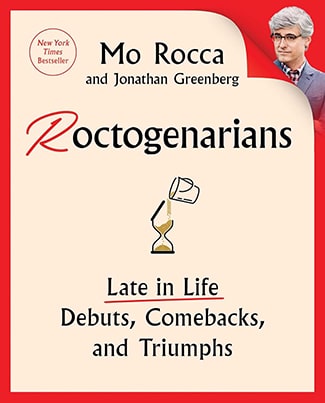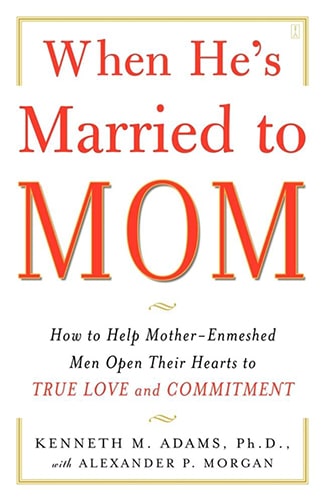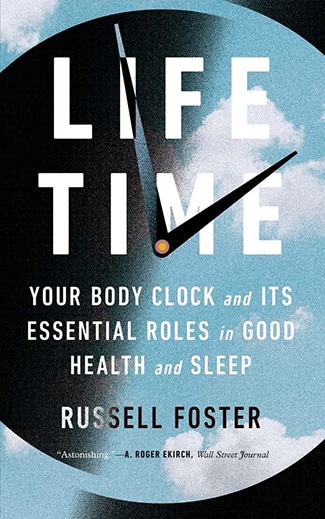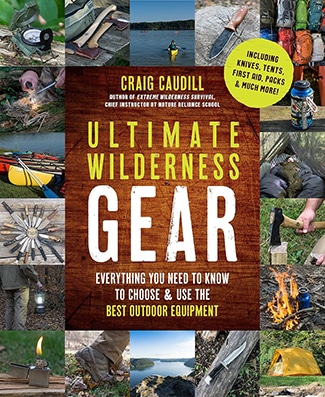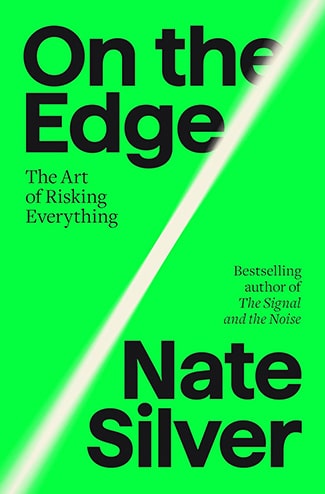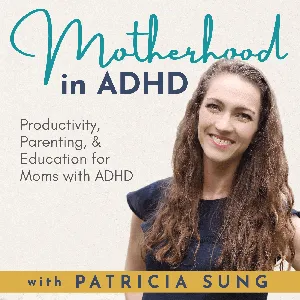Podcast Summary
ADHD is more than just an attention deficit: ADHD is a complex condition characterized by deficits in attention and executive functions, requiring a comprehensive approach for diagnosis and treatment
Steve Hinshaw is that ADHD is more than just an attention deficit. It's a dysregulation of the ability to pay attention according to the situational demand. ADHD is also characterized by deficits in executive functions, such as the ability to navigate and follow a plan, correct errors, and inhibit distractions. The diagnosis of ADHD has seen a significant increase in recent decades, not because more people are developing the condition, but due to cultural and economic forces that incentivize shoddy diagnoses. It's important to understand that ADHD is a complex condition that goes beyond poor attention and requires a comprehensive approach for diagnosis and treatment.
Living with ADHD: Navigating Distractions and Challenges: ADHD can hinder academic success, create employment instability, and strain interpersonal relationships due to attention and impulse control issues
ADHD can significantly impact various aspects of an individual's life, especially in academic, vocational, and interpersonal domains. People with ADHD often face challenges in focusing, regulating attention, inhibiting impulses, and generating intrinsic motivation, leading to underperformance in schools and workplaces. Additionally, they may have difficulties in interpersonal relationships due to impulsivity and inattention to social cues. These challenges can result in academic underachievement, checkered employment histories, and problems in maintaining intimate relationships. Overall, living with ADHD can be likened to navigating a constant barrage of distractions, making it difficult to maintain focus and achieve goals.
ADHD's Impact on Life Beyond the Classroom: Genetics and environment can contribute to ADHD, and a holistic approach to treatment includes family therapy, behavioral therapy, and evidence-based treatments.
ADHD is not just a classroom issue, but a complex condition that can lead to impairments in various aspects of life, including accidents, social relationships, and academic or professional performance. Genetics play a significant role in determining focus and concentration, with ADHD being one of the most heritable conditions. However, environmental factors such as prenatal exposure to toxic chemicals and parenting styles can also contribute to the development and worsening of ADHD symptoms. It's essential to recognize that parents are not the cause of ADHD but can significantly impact its severity through their responses. Treatment for ADHD involves a holistic approach, including family therapy, behavioral therapy, and evidence-based treatments like medication and cognitive-behavioral therapy.
ADHD diagnoses in the US have risen significantly since 2003: From 7.5% to 11% of US children were diagnosed with ADHD between 2003 and 2013, likely due to increased recognition and diagnostic efforts, not a sudden increase in cases. Boys are disproportionately affected.
While approximately 7.5% of children in the United States were diagnosed with ADHD around 2003, this number has significantly increased to around 11% by 2013. This jump is not due to a sudden increase in ADHD cases, but rather a rise in diagnoses, possibly influenced by educational policies and the push for higher test scores. Additionally, boys are more likely to be diagnosed, with almost one in five boys receiving a diagnosis. Some states, particularly those with a focus on testing accountability, have even higher diagnosis rates. It's important to note that this increase in diagnoses may not necessarily reflect a higher number of children with ADHD, but rather a shift in recognition and diagnosis.
Understanding ADHD diagnosis: A proper ADHD diagnosis involves a comprehensive evaluation, taking a detailed developmental history, ruling out other causes, and gathering quantified data from parents and teachers to ensure accurate support and reduce stigma.
A proper diagnosis of ADHD involves a comprehensive evaluation that goes beyond just identifying symptoms. This process includes taking a detailed developmental history, ruling out other potential causes through a process of differential diagnosis, and gathering quantified data from parents and teachers. It's a complex and time-consuming process that requires a thorough understanding of the child's background and behavior patterns. The stakes are high, as misdiagnosis or inadequate diagnosis can lead to unnecessary medication or missed opportunities for effective interventions. It's essential to ensure that diagnoses are accurate to provide the best possible support for individuals with ADHD and to reduce the stigma surrounding this condition.
Importance of thorough evaluation for accurate ADHD diagnosis: Thorough evaluation of ADHD symptoms from various sources and understanding gender differences can lead to early and accurate diagnosis, benefiting families and saving economic resources.
Accurate diagnosis of ADHD is crucial, and it requires thorough evaluation beyond a clinical exam. Symptoms often appear in everyday situations, so information from various sources like school and home is essential. ADHD is not just a boy problem, and girls can exhibit different symptoms, including more inattentiveness. Boys are more commonly diagnosed due to misinterpretation of typical boy behavior. Understanding the differences in how boys and girls manifest ADHD symptoms can help in early and accurate diagnosis. This not only benefits families by reducing misery but also saves significant economic resources in the long run. However, the healthcare system often prioritizes quick diagnoses over careful ones, leading to over- and under-diagnosis.
ADHD in Girls: Unnoticed and Untreated: ADHD affects girls differently than boys, often goes unnoticed, and requires a holistic approach for effective management
ADHD, while less common in girls than boys, often goes unnoticed in girls due to less noticeable symptoms. Girls with ADHD may not be diagnosed until later in life, often during middle or high school, as their disorganization and academic problems become more apparent. ADHD affects both men and women differently in adulthood, leading to higher rates of vocational, relationship, and accidental injury problems. Although stimulant medications are commonly used to treat ADHD, they only address the underlying dopamine imbalance and do not teach essential skills like time management, organizational skills, or emotional regulation. Therefore, a holistic approach combining medication with behavioral, cognitive behavioral therapies, and reward-based treatments is the most effective way to manage ADHD for the majority of individuals. Treatment for ADHD is different from depression, and while some professionals may start with cognitive behavioral therapy and add medication if necessary, others may begin with medication and follow up with cognitive behavioral therapy later.
Effective ADHD treatment goes beyond medication: Behavioral approaches, including cognitive behavioral therapy, organizational skills training, and academic remediation, are crucial components of effective ADHD treatment. Medication can help manage symptoms but doesn't address the root causes.
While stimulant medications like Ritalin and Adderall are commonly prescribed for ADHD in the US, they should not be seen as a standalone solution. Behavioral treatments, cognitive behavioral therapy, organizational skills training, and academic remediation are essential components of effective ADHD treatment. Other countries prioritize these behavioral approaches before considering medication. It's crucial to remember that medication can help manage symptoms but doesn't address the root causes. The pressure to diagnose and medicate children, driven by increasing education and performance demands, can lead to misuse of stimulants. Stimulants, like caffeine, can enhance performance for those without ADHD, but they don't improve cognitive skills. The most significant benefits come from combining medication with behavioral treatments.
Stimulants can lead to addiction for normal adults with a 15% risk: Stimulants may temporarily boost learning abilities but can lead to addiction for normal adults, while people with ADHD have a low risk due to specific genes. The societal belief in significant economic benefits from widespread stimulant use is a myth, and the stigma surrounding mental illness prevents many from seeking treatment.
Stimulants, while they may temporarily boost false self-confidence in learning abilities for normal adults, can also lead to addiction with a 15% risk. This risk is particularly concerning as the societal belief that there would be significant economic benefits if everyone took stimulants is a myth. Furthermore, people with ADHD have a low risk of addiction to stimulants due to specific genes. The study also highlighted the historical stigma and shame surrounding mental illness, which can prevent individuals from seeking treatment. The author's personal experience growing up with a parent with bipolar disorder further emphasized the importance of addressing the taboo surrounding mental health issues.
The Power of Personal Narratives and Emotional Understanding in Breaking the Cycle of Mental Health Stigma: Sharing personal narratives and reducing shame can help those struggling with mental health conditions feel deserving of treatment and break the cycle of stigma. Mental health disorders are human rights issues that require emotional understanding and personal stories to combat the persistent stigma.
Despite advancements in mental health awareness and knowledge, there is still a persistent stigma surrounding mental illness. This stigma can be traced back to the lack of personal narratives and emotional understanding in our education and culture. For instance, the speaker's father, a brilliant philosopher, faced severe bipolar episodes and was institutionalized multiple times during his academic career. Yet, mental illness was a taboo topic back then, and the shame and silence surrounding it only worsened as time passed. Today, we know more about mental health disorders, but we still fear and stigmatize them. To break this cycle, it's essential to increase mental health literacy through personal narratives and emotional understanding, rather than just teaching symptoms and facts. By sharing stories and reducing shame, we can help those struggling with mental health conditions feel deserving of treatment and break the cycle of stigma. Mental health disorders are the last frontier for human rights, and it's time we acknowledge and address them as such.
Emphasizing Human Connection and Empathy in Mental Health: Dr. Steve Hinshaw encourages going beyond teaching facts about mental health and focusing on creating a more compassionate society
Steve Hinshaw is the importance of human connection and empathy in understanding and addressing mental health issues. While factual knowledge is essential, Dr. Hinshaw emphasizes the need to go beyond just teaching facts and focus on creating a more compassionate and supportive society. For more information about Dr. Hinshaw and his work, visit his website at stevenphinshawauthor.com or check out his books, including "Another Kind of Madness," which offers insights into the stigmatization of mental illness. To learn more about this topic and access additional resources, visit AOM.IS/ADHD. Remember, as Brett McKay always says, "Stay manly!" and keep exploring the world around you. If you've enjoyed this podcast, please consider leaving a review on iTunes or Stitcher to support the show. Thank you for listening!

